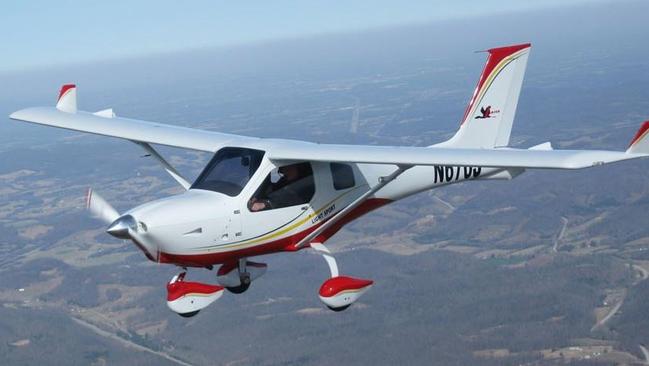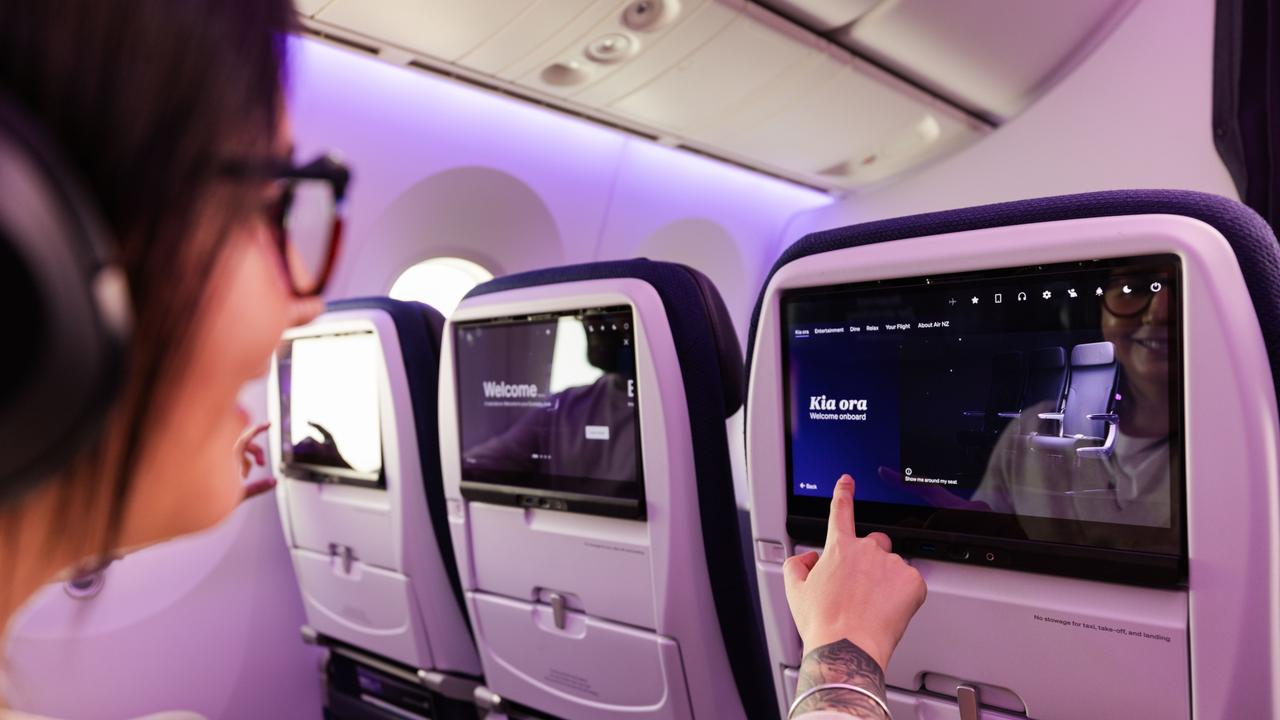Project Eureka report says Jabiru and industry ‘tangled in red tape’
The aviation safety regulator’s treatment of Jabiru was savage and an example of the flaws facing the local industry.

The aviation safety regulator’s treatment of local aircraft manufacturer and exporter Jabiru was unnecessarily savage and a prime example of the flaws facing the local industry, according to the Aircraft Owners and Pilots Association.
AOPA Australia, which has 2600 members, has presented the federal government with a report, Project Eureka, in which it claims local aviation is “slowly dying” as a result of inappropriate and excessive regulation by government.
The group says pilots and aviators are being routinely ignored by government and it calls for policy reform, such as cutting red tape and regulatory overlap and working with industry members.
Jabiru, Australia’s biggest manufacturer and exporter of light aircraft engines, and the Civil Aviation Safety Authority have been in heated dispute since 2014 when the regulator placed strict flight restrictions on all aircraft here after Jabiru engines suffered a series of failures.
In what has been a damaging period for the company, based in Bundaberg, aircraft with Jabiru engines face restrictions when flying over populated areas and student pilots and passengers have been forced to sign litigation waivers.
AOPA says Jabiru has been treated with a “complete lack of respect” by CASA.
“The ban was supposed to be temporary, allowing time for a safety investigation of the aircraft, (but) the ban remains in force today, almost 16 months later,” AOPA says.
“In no other countries (have) national aviation regulators seen fit to impose any flight restrictions on this Australian-made aircraft. Jabiru has been very harshly treated by its regulator ... (and) the value of the aircraft and the manufacturer have been severely compromised.”
Last month, CASA released a report supporting its concerns, which found that one in 10
Jabiru engines had failed during flight, when analysing flight incidents for the six years to 2014.
However, Jabiru has attacked that report as “extremely biased”, and noted the engine was by far the safest in its light sport market segment in terms of fatalities — a fact overlooked by the report.
Jabiru general manager Susan Woods has told The Australian the report is misleading in that it fails to
take into account the fact Jabiru’s engines were regularly used in experimental or home-built planes and therefore were more susceptible to backyard tinkering by inexperienced owners.
The AOPA says over-regulation and unnecessarily dense bureaucracy are key problems facing aviation in Australia.
Australia’s pilot certification regulations cover 3000 pages, but the same material in the US — which has better safety statistics than Australia by
flown hours — covers just 100 pages.
“In order to revive the general aviation industry, the regulatory and compliance cost to general aviation businesses has to be reduced,” AOPA says.
When contacted by The Australian yesterday, CASA spokesman Peter Gibson said: “As the Project Eureka report is a political document, CASA will not be commenting.”



To join the conversation, please log in. Don't have an account? Register
Join the conversation, you are commenting as Logout